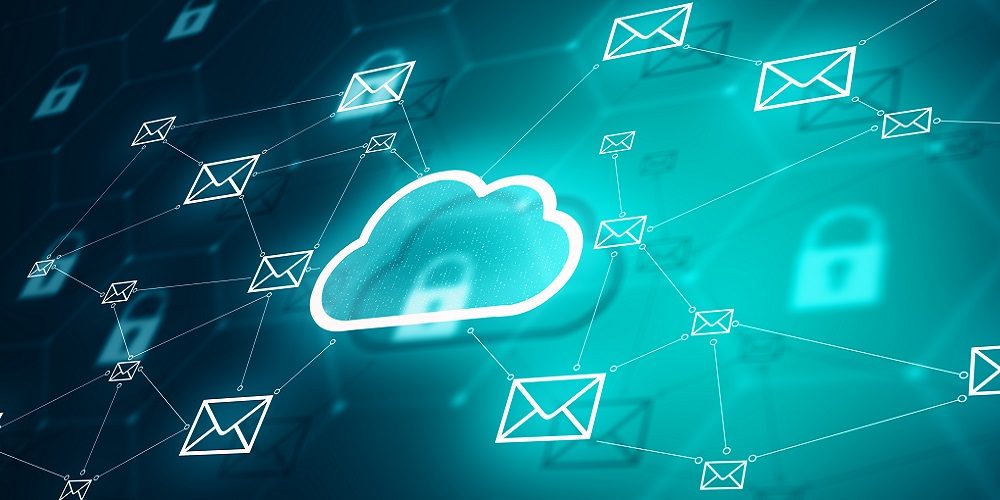Cloud-based messaging, or online notes, refers to messaging services that store and transmit data over the Internet. These services to send and receive messages, share files, and collaborate in real-time from an internet connection. Famous examples include messaging apps like WhatsApp, Signal, and Telegram.
Pros of cloud-based messaging
Convenience and accessibility
The primary advantages of cloud-based messaging are its convenience and accessibility. Users access messages from multiple devices, such as smartphones, tablets, and computers, without carrying physical notes or documents. This flexibility makes it easier to stay connected and communicate with others, regardless of location.
Real-time collaboration
Cloud-based messaging apps often offer feature real-time collaboration. Users can share files, documents, and images instantly, making it easier to work on projects or exchange information with others. This feature mainly benefits remote teams or individuals working from different locations.
Security concerns
While cloud-based messaging offers undeniable convenience, it also raises significant security concerns. Here are some of the potential risks associated with these online notes and messaging platforms:
Data privacy
One of the primary concerns with cloud-based messaging is data privacy. Users entrust their personal information and conversations to third-party providers when using these services. There is always a risk that this data could be accessed or misused by unauthorized parties, such as cybercriminals, government agencies, or even providers.
Encryption and data protection
Are online notes good? While many cloud-based messaging apps claim to use end-to-end encryption to protect user data, the effectiveness of these security measures can vary. Some apps may have vulnerabilities or weaknesses in their encryption protocols, leaving user data at risk of interception or decryption by malicious actors.
Data storage and retention
Another concern is the storage and retention of user data by cloud-based messaging service providers. Even if messages are encrypted during transmission, they may be stored on the provider’s servers in an unencrypted form, potentially exposing user data to unauthorized access or misuse.
User awareness and caution
Users should be aware of the risks associated with cloud-based messaging and exercise caution when sharing sensitive information through these platforms. They should also familiarize themselves with the privacy policies and security practices of their messaging apps.
Stronger encryption standards
Service providers should implement robust encryption standards and regularly update their security protocols to protect user data from evolving cyber threats. They should also ensure that user data is securely stored and deleted when no longer needed.
Two-factor authentication
Enabling two-factor authentication (2FA) can add an extra layer of security to cloud-based messaging accounts. This feature requires users to provide a second form of authentication, such as a one-time code or biometric data, in addition to their password, making it more difficult for unauthorized parties to gain access.
Responsible data management
Service providers should adopt responsible data management practices, such as minimizing data collection, limiting data retention periods, and giving users transparency and control over their personal information.
While cloud-based messaging offers undeniable convenience, balancing convenience and security is crucial. Users and service providers alike must be vigilant in addressing potential security risks and implementing appropriate safeguards to protect sensitive information and ensure the privacy of online notes and conversations.

